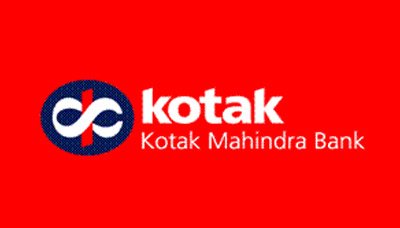Tell our readers about EDHEC Business School
EDHEC Business School was founded in 1906 by entrepreneurs from the North of France focused on training the next generation of high-level managers. EDHEC is one of Europe’s Top 10 business schools and offers innovative bachelor’s and master’s programmes in finance, corporate strategy, business management, and marketing.
The school has campuses in Lille, Nice and Paris, France, Singapore and London. EDHEC is focused on developing programmes that respond to the needs of society and business. To this end, it recently launched an MSc in Climate Change and Sustainable Finance. This hybrid degree allows students to study business management at EDHEC and climate science at Mines ParisTech, one of France’s best engineering schools. The school also recently launched an MSc in Marketing Analytics, a move that is in direct response to the growing need for marketing managers who know how to use data to understand consumer behaviour to drive strategic decisions.
EDHEC also offers PhD programmes in Finance, a Global MBA, executive education programmes, and online degrees and certificates through EDHEC Online. EDHEC has around 10,000 students enrolled in graduate and undergraduate programmes, 245 exchange and double-degree agreements with the world’s foremost academic institutions, and a network of more than 40,000 alumni in over 125 countries.
Tell us about the emergence of online courses and how this has helped the skill development sector.
EDHEC launched its online degree and certificate platform, EDHEC Online, in 2018. Since then, hundreds of students from around the globe have used the platform to complete degrees in international business management, corporate finance, and data management and analytics. EDHEC is a founding member of the Future of Management Education (FOME), a network of leading European and North American business schools that work together to provide state-of-the-art online courses to business and management students wherever they may be located.
This network is dedicated to improving online education through innovative technology that gives students immediate access to peers in different time zones and quizzes, surveys, podcasts, and educational games geared for digital learners. The online learning industry is booming, and the result is that it is easier than ever for working professionals to gain new knowledge and expertise to advance in their careers. For employers looking to boost specific competencies in the workplace, online education is an exciting solution because there is no travel necessary, and team members can complete coursework in the evening.
Help us understand how the recruitment process has changed with the emergence of data science.
With the emergence of data science, recruiters and hiring companies have the possibility to gather more data and information than ever about job applicants, whether this information pertains to their skills and competencies or to their personality and interests. This access to data can help compare applicants on many levels, while also allowing to compare them to internal candidates. While this data availability can help recruiters get more data about job applicants, it also gives job seekers the possibility of gather more information about hiring companies.
For example, databases such as Glassdoor and Indeed provide job seekers with reviews about companies as employers or simply reviews about the recruitment process. The emergence of data science has made the recruitment process more advanced, but also more challenging, as there is the risk of having too much data, too much information, and thus ending up making hiring and job choices more difficult.
Tell us about the role of artificial intelligence in HR recruitment. What are the new trends and tools that HR managers use to find the best hires?
Artificial Intelligence is changing the way companies recruit. The use of AI to analyse an applicant’s resume, voice, facial features, or social media activities can help to eliminate unqualified candidates. Still, it will never replace a face-to-face interview and discussion between a candidate and employer.
In addition, there are ethical questions around the use of AI in HR decisions, and I advise a balanced approach. Specifically, when AI is used to analyse job applicants’ social media accounts, this may be perceived as too intrusive and a violation of privacy. AI can also create unintentional racial and gender biases that may result in managers missing good candidates.
Could you share some tips about what one should keep in mind when searching for a new job?
Looking for a new job takes a lot of energy, and rejections can make job seekers feel like their skills and experience don’t have value in the job market. But this isn’t true, and so job seekers need to take time to psychologically detach themselves from their search as often as possible.
By taking time away from the search and participating in sports, watching a film, or spending time with friends, job seekers will feel more energised and motivated, and they will be more likely to stay focused on their search. Research I have conducted shows that job seekers who take time out tend to receive more interviews and, therefore, more job opportunities.
This interview was authored by Vishwasjeet Singh, Editor-in-Chief, Estrade Business News. To share more stories kindly email: vishwasjeet@estrade.in






